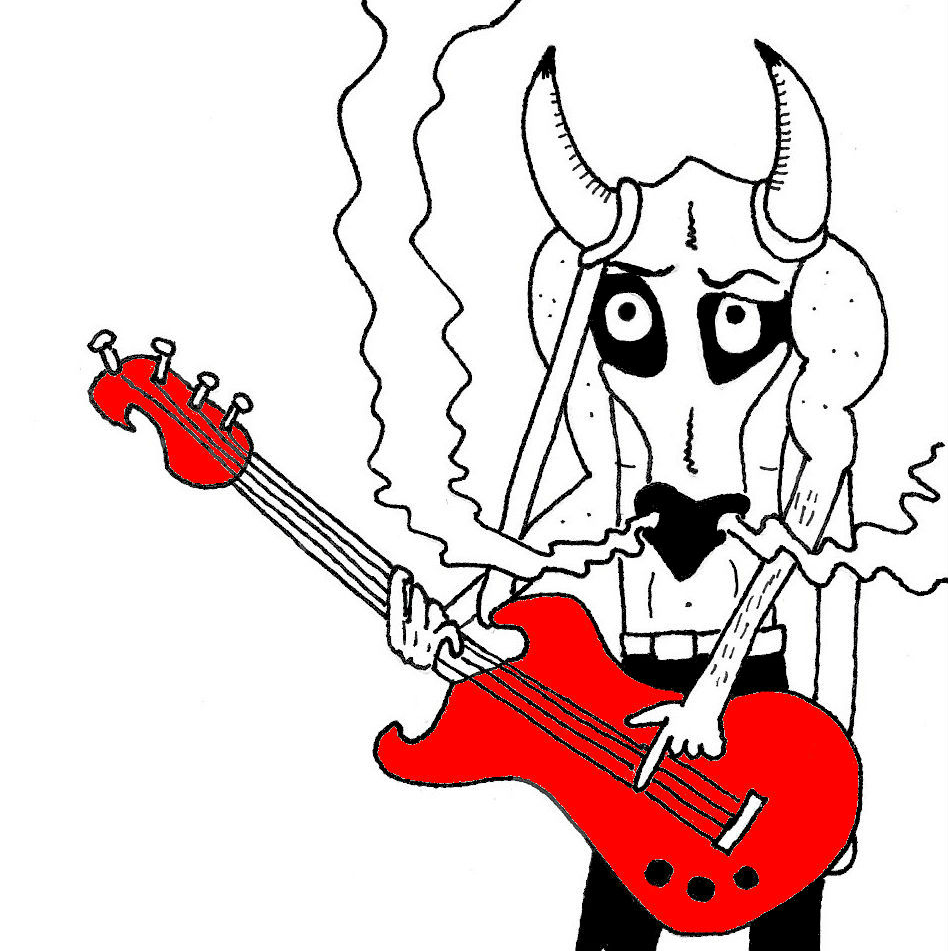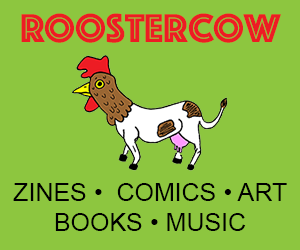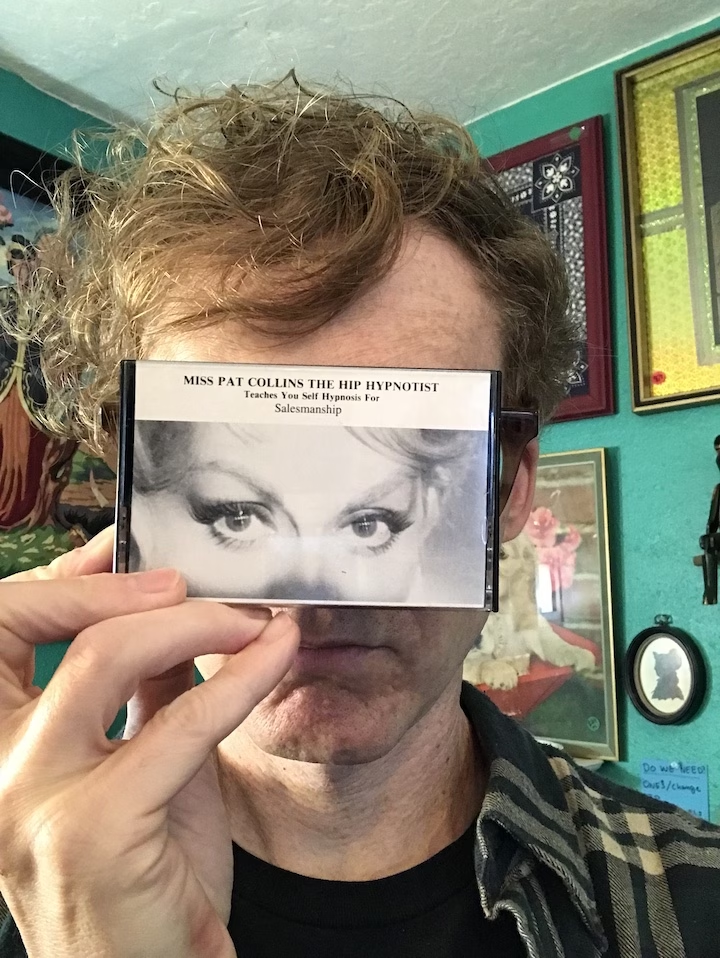
Joshua James Amberson is a writer, zine maker, musician, and the force behind Portland, Oregan’s Antiquated Future distro and record label. Recently, the Reglar Wiglar asked Joshua a few questions about books, zines, music, and other things that make life on Earth more bearable.
Antiquated Future Distro
Congratulations on 16 years of Antiquated Future. How did this enterprise begin?
Thank you! It started totally on a whim. I went on my first tour with a band in the summer of 2008 and, since our band only had one CD, I decided to ask friends to send me their various creations—zines, tapes, screen-printed shirts, etc—so we could have a more fun merch table.
When we got back, I tried to return the stuff and didn’t have a lot of luck; the friends didn’t really have an easy avenue to sell their wares (Etsy was still quite new and not a lot of casual artists used it at the time), so they weren’t enthused to have the things sitting around. So this box instead sat around my room for a few months. Then one morning I woke up and decided to make a low-budget website to sell it all. I emailed everyone about it, they were excited, people kept giving me stuff, and it just kept growing.
Who runs the day-to-day operations of the distro?
My partner Novie and I run the day-to-day, but there are a half-dozen folks or more who lend a hand in more structural ways.
What were the first titles you carried and how has it grown since those early years?
It’s been long enough that I don’t remember what the very first titles were, but I remember that some of our most popular titles in the early years were the zine series my best friends and I did: Alexis Wolf’s Ilse Content, Ariel Birks’ Jesus Christ Superzine, and my series Basic Paper Airplane.
What are some of the things you’ve tried in the store that didn’t work out?
I really thought t-shirts would be a good fit for us. Since I modeled the distro after ‘90s distros—which often carried zines and music plus a broad range of other things—I never wanted to limit our stock. And since so many of those distros carried a lot of shirts, I thought it would fall into place as easily as the other things we carry (zines, music, small-press books, handmade stationery, etc), but it’s never quite worked out.
Either the people who make them don’t do big enough print runs, can’t consign them, or can’t wholesale them. The rare times it has worked out, our audience doesn’t pick up on them as much as I’d like or would imagine. In my dreams, I’d love to carry shirts for all of my favorite zines, distros, record labels, and DIY bands. While I haven’t fully given up on that dream, I’m also not actively working on it.
Joshua James Amberson, Author and Zinemaker
You are an author and zine maker, What is your series Basic Paper Airplane about? When did it start and what issue are you on?
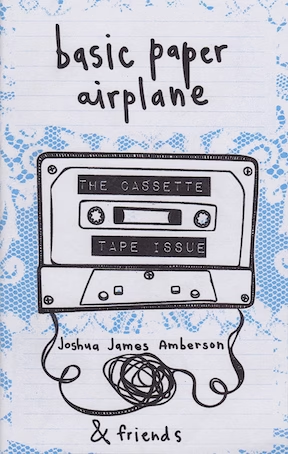
I started the series in 2005. I was co-running a small poetry and comics press and writing a lot of poetry, so doing a publication of prose seemed kind of novel to me. As soon as I wrote that first issue, I immediately started moving away from poetry and toward prose, so it was the beginning of a big change in my creative life.
Since each issue is individually themed, there’s not exactly a bigger something it’s about. Very broadly, it’s a personal zine, but they’re sometimes fairly research-heavy so it doesn’t always appeal to perzine readers. To me the zine is always about noticing and paying attention, shining a light on small aspects of life.
You wrote a YA novel How to Forget Almost Everything what’s it about?
It’s about memory loss and how fragile our individual concepts of self are. But that’s maybe just a pretentious way of saying it’s about a kid whose mom starts losing her memory mysteriously, he goes on a quest to solve it, and ends up entangled with the leader of an unusual memory organization.
Are you currently working on a new book?
I am! I’m actually working on two very different book-length manuscripts. It’s slow going, since I work a lot of different jobs, but they’ve been fun challenges. One is a sort of eccentric mystery novel that mixes in concepts from magical realism and sci-fi. The other is a history of Pacific Northwest independent record labels.
Record Label
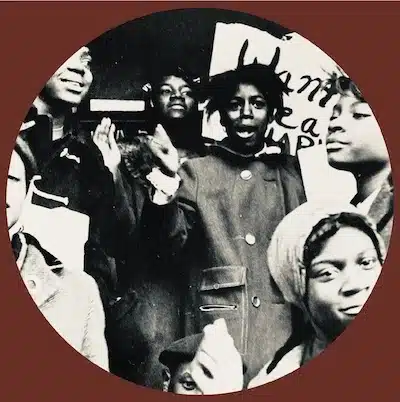
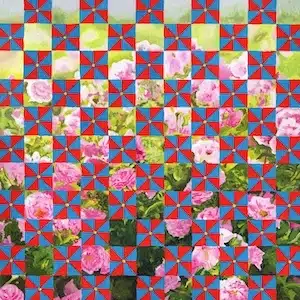
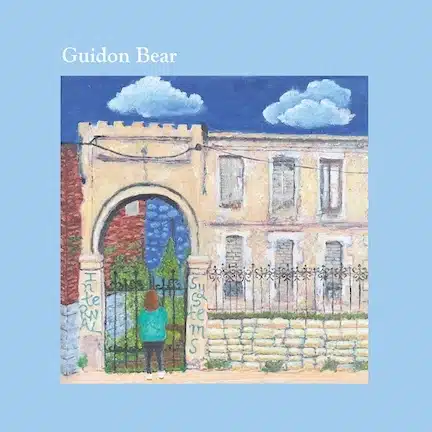
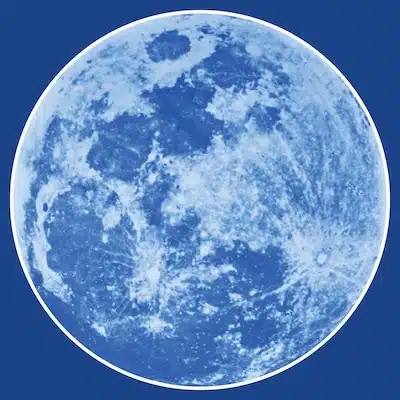
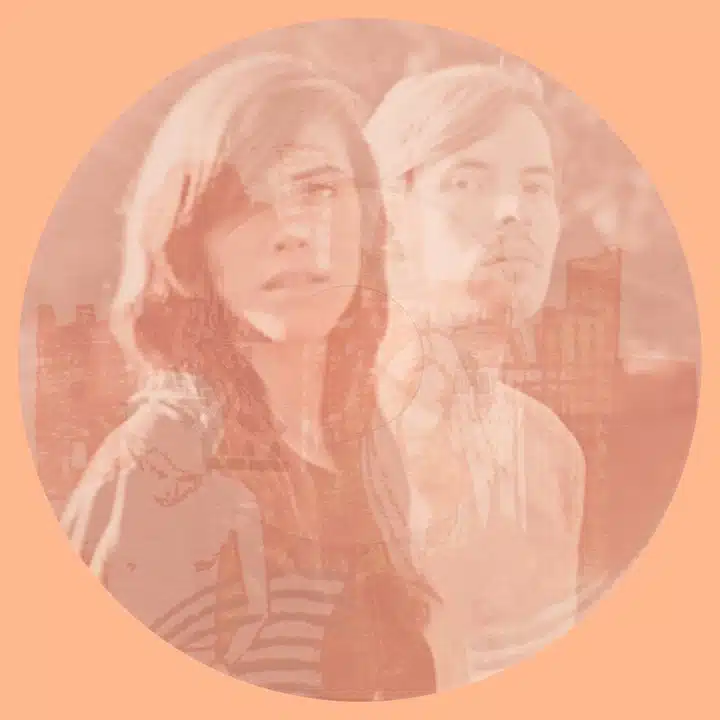

How long has the Antiquated Future record label been in operation?
We did our first official release in 2012, but we started a compilation series through the distro in 2008 that was essentially the precursor to the label (a lot of the artists on those compilations are the artists that populate our label releases in one form or another). So in recent years we’ve kind of embraced the idea that the distro and the label have the same origin point/date.
You release a lot of cassettes — or I should say, a lot of what you release is on cassette. Are tape collectors still a thriving subculture?
Oh, for sure! We also sell vintage cassette grab bags through our Etsy and at the artists’ collective store we help run, so we get to see just how many people listen to or collect cassettes these days. It’s really incredible.
How would you describe the music on the label? Is there an Antiquated Future sound or a theme or style genre you gravitate to?
When we first started, the name was essentially the approach we were wanting to release: anything that had mixed a retro sound with something notably new. Our first two releases came out simultaneously and I thought they kind of embodied that: Upside Drown’s Mood Music, which used ‘60s pop and garage rock reference points and then slowed it down to where it almost had a sludgy quality, and Blindfolder’s Artifact Effect, which mixed an American Primitive-influenced style of guitar work and field recordings with glitchy digital sounds.
As time has gone on, it’s definitely just about feel. Even if it’s outside of our past releases genre-wise, it has to feel right in some intuitive way. In recent years, I largely co-run it with my friend Andrew Barton, so the decisions are sometimes bigger conversations where we point out connection points and departures from whatever the “Antiquated Future sound” is. But it’s been really great having him (and, at various times, others) involved.
Who are some of the artists you’ve worked with recently and how did that relationship come about?
2024 was our biggest year, at least in terms of number of releases. We did ten when we average around four a year. So it was a little nuts, but everything was just too good to say no to.
Half of the releases were with (in some way) artists loosely on our “roster,” one was with a band I play in, which leaves three artists we hadn’t worked with previously (one of those artists did two releases—in case you notice that the math doesn’t quite add up there).
The first of those was Hazel Briar, who Andrew knew from a past era of the Portland music scene when she fronted a project called Hazel Ra. She reached out to him about her first release under this new name and it just felt like a good fit.
The next was Oh, Rose, an Olympia/Portland band that we’d both been fans of since they started a decade ago. They reached out about doing a ten-year anniversary edition of their first EP and that led to us working on their new LP. This was a big release since we don’t normally have the money to release vinyl and they were doing a tour opening for Future Islands, so there was a firm deadline and a much bigger audience to take into consideration.
The third was Rose Melberg, who we’ve been fans and casual friends with for years. I know her husband, Jon Manning, a touch more, and I knew they’d both been following along with our “Selected Songs” series, so I made an offhand comment that my friend Gina Sarti (who helps with the distro from time to time) thought there should be a “Selected Songs” with Rose. He mentioned this to her and she was excited about the possibility, so that’s how that came together.
In short, it’s usually personal or community connections that lead to the releases on the label (but not always).
What is the “Selected Song Series” and are there more releases planned for that series?
“Selected Songs” is a retrospective series we started in 2020, after a few years of Andrew and I discussing it. Basically, we wanted the cassette version of the fancy vinyl “rediscovered artist” or “B-side and rarities of cultish artist” releases that have gotten so prevalent in the past couple decades. We wanted to cover artists (or at least work by artists) that perhaps wouldn’t really have the audience for a vinyl pressing.
Each is an hour long and has the same general design and packaging, in letter-pressed and offset print boxes. Depending on the artist or band, we vary the technique. An artist with maybe less name recognition (Two White Cranes, Jason Anderson, Twig Palace, The Binary Marketing Show) will often get a primer to their entire catalog. A more well-known artist (Little Wings, Bonnie ‘Prince’ Billy, Palace Music, Wild Ones) we’ll go for a full-on rarities collection. Then artists who are prolific with a wide variety of different bands (Fred Thomas, Christopher Sutton, Rose Melberg) we put together collections that try to cover all or most of their projects.
The series is still going and will hopefully go on for years and years to come. But I think we might take 2025 off from it. It’s incredibly time-consuming and expensive to do one, and we’re hoping to have a less stressful year at the label and focus more on new music.
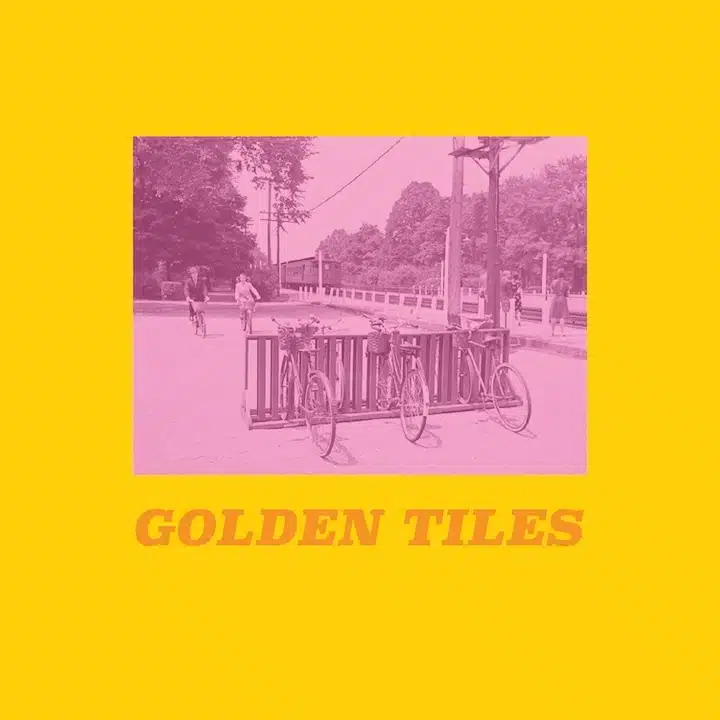
Who are the Golden Tiles?
Golden Tiles is a band I play bass in. We’ve been going for a couple years, but part of the point of the band is that we take things slowly and don’t stress about it so we just released our first EP in November. It’s a lo-fi, ‘90s rock-inspired, basement affair. We’re working on a full-length that should hopefully at least get recorded in 2025.
I played and toured with DIY bands in my late 20s, but I don’t feel like I’m a very natural musician, so when I moved to Portland to focus on writing I mostly stopped playing. But it’s been fun to just play without being particularly goal-oriented. There’s been something really freeing in that, and I think I’ve been able to get better in a way I wasn’t able to when I was worried about the next project or tour.
Read more interviews with Zinemakers
Liz Mason, Caboose Zine, Cul-de-sac
Billy McCall, Proof I Exist, Behind the Zines
